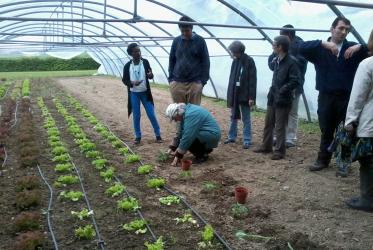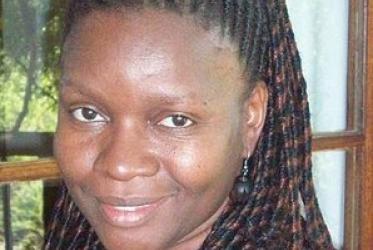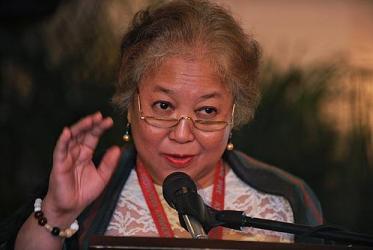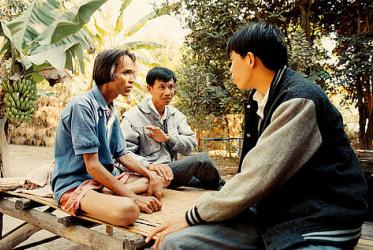Displaying 41 - 54 of 54
28 August 2015
Ecumenical workshop in Cuba promotes life-affirming epistemologies
23 February 2015
Water network develops a theological framework for water justice
12 December 2014
Pilgrimage of justice and peace gives vision for WCC programmes
22 November 2014
Youth addresses community issues in a virtual conference
14 October 2013
Living with God in the context of HIV and AIDS
27 February 2013
Churches on the move amidst changing landscapes
26 March 2012
WCC's HIV work reaches quarter-century mark
30 June 2011









